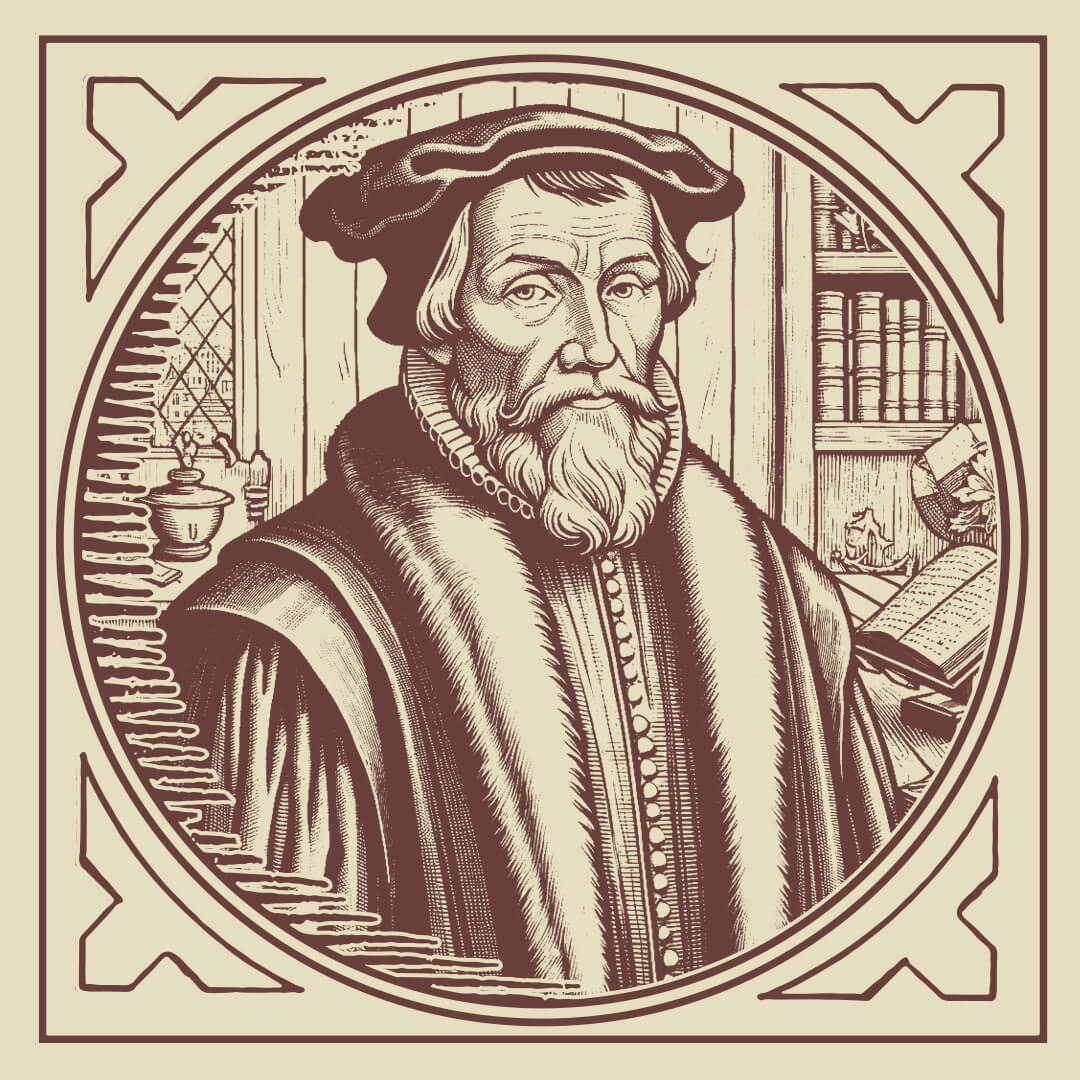
THE PRIESTHOOD OF ALL BELIEVERS BY JOHN CALVIN
John Calvin: A Theological Giant of the Reformation
It’s no secret that I am not a Calvinist, meaning I do not subscribe to the five ‘doctrines of grace’ often associated with the soteriological system of John Calvin. However, John Calvin is undeniably a theological giant of the Protestant Reformation. At just 26 years old, and after being a Christian for only a year, he began writing ‘The Institutes of the Christian Religion.’ This systematic theology, now typically referred to as ‘Calvin’s Institutes,’ ranges between 1,000 and 1,200 pages in modern printings and remains one of the most influential pieces of Christian literature from the Protestant Reformation. Whether you admire or despise Calvin’s soteriology, his intellectual contributions during the Middle Ages are undeniable.
I think it’s important that believers, even if we disagree on minor points, are able to glean from one another on major points. One of Calvin’s teachings worth highlighting is his interpretation of the ‘priesthood of all believers.’ This doctrine, rooted in the New Testament and particularly in the writings of the Apostle Peter, was given renewed emphasis by Calvin and other Reformers like Martin Luther during the Protestant Reformation. Calvin’s perspective on this doctrine emphasizes the spiritual empowerment of every Christian.
The Universal Priesthood in Calvin’s View
According to Calvin, the priesthood extends beyond a special class of ordained clergy to include all believers. This empowers every Christian to study Scripture, pray, and worship God directly, without clergy mediation. His commentaries on the Psalms, the Epistle to the Hebrews, and the Minor Prophets illustrate this belief.
Role of Clergy in Calvin’s Concept
While Calvin valued the role of ordained clergy in teaching, administering the sacraments, and guiding the church, he did not view their role as mediating salvation. Instead, he saw them as serving a community where all members had direct access to God. Calvin’s concept of the priesthood of all believers broadens the ministry, calling every believer to serve God in daily life and vocation. This is reflected in his detailed exploration of Christ’s kingly office, which he believes extends to all believers.
Democratizing Spiritual Authority
Calvin’s emphasis on the ‘priesthood of all believers’ significantly diverged from the hierarchical structure of the Catholic Church of his time, which positioned the clergy as a special class with exclusive spiritual authority. By democratizing spiritual authority, Calvin argued that every Christian has direct access to God and the responsibility to engage with Scripture and worship.
However, Calvin’s concept also differs from modern evangelicalism. His doctrine was deeply rooted in the context of a covenant community, balancing individual access to God with the importance of the Christian community for mutual edification, discipline, and growth in faith. This liberation of the individual, and mutual submission within the community, is a teaching of Calvin that all Protestants should champion and celebrate.
Further Exploring Calvin’s Teachings
If you would like to further explore Calvin’s teachings on this subject, I would recommend you check out the previously mentioned ‘Institutes of the Christian Religion’. This seminal work not only delves into his soteriology but also offers a comprehensive look at his views on the empowerment and responsibility of every Christian believer in the body of Christ.
Have you been looking for a church in Ada, Oklahoma? Learn more about King’s Fellowship via the following link: https://kingsfellowshipchurch.com/sunday-service-ada-oklahoma/
Interested in reading the Bible for yourself? Check out this free online Bible software: https://www.biblegateway.com/
